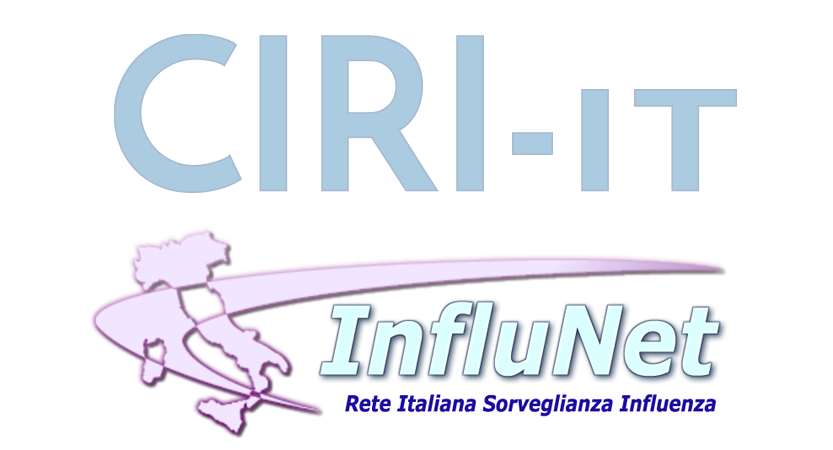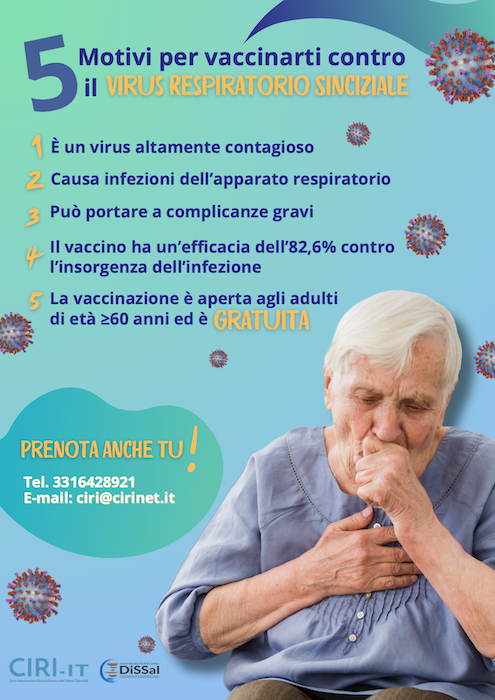The Inter-University Centre for Research on Influenza (CIRI) was founded in 1999, inspired by Professor Pietro Crovari, Full Professor of General and Applied Hygiene at the University of Genoa.
Initially, the Centre brought together two institutions — the University of Genoa (Institute of Hygiene) and the University of Milan (Institute of Virology) — with the primary goal of monitoring and studying the weekly clinical and epidemiological trends of influenza in Italy. The aim was to provide timely and valuable insights to support both national and regional healthcare systems.
The Birth of InfluNet
National influenza surveillance began on an experimental basis during the 1999–2000 flu season, coordinated by CIRI and the Istituto Superiore di Sanità (ISS). This effort was supported by a network of general practitioners and pediatricians spread across the country. The system, known as InfluNet, was officially recognized and institutionalized by the State–Regions Conference on September 28, 2000 (resolution no. 1031).
A Growing Network
Over the years, additional universities joined the Centre, including:
• The University of Siena
• The University of Trieste
• The University of Salento
This expansion allowed CIRI to broaden its scope and strengthen its academic and scientific collaborations.
Evolution of the Centre
To better encompass the increasing research on viral diseases, the Centre evolved into the Inter-University Centre for Influenza and Other Viral Infections (CIRI-IV).
In 2006, Professor Roberto Gasparini was appointed Director. Then, in 2010, reflecting a broader focus on preventable infectious diseases through vaccination, the Centre was renamed the Inter-University Centre for Research on Influenza and Other Communicable Infections (CIRI-IT).
Since 2018, the Centre has been under the direction of Professor Giancarlo Icardi.
Collaborations
Throughout its history, the Centre has been defined by its strong national and international partnerships with research institutions, contributing to impactful public health initiatives and scientific advancement.






